|
Rwanda’s recent history has been shaped by colonisation, a mid-20th century revolution, independence and a genocide. But, argues Filip Reyntjens, it’s important to look back even further to get to a true understanding of the country, particularly the way in which power was structured as well as the role of the state in people’s lives. In the UK the BBC is showing a new drama that features the small east African country. While portrayals
of Rwanda in film and television can often spark controversy, Jonathan R. Beloff thinks that Black Earth Rising provides a nuanced look at
post-genocide political events.
From other corners of the continent academics looked at various political developments. In Kenya David E Kiwuwa argues that a referendum being mooted is a really bad idea. And in South Africa Leila
Patel sets out new research showing shifting patterns in what’s pre-occupying voters. From Ghana Justice Tankebe lifts the lid on the use of violence by police.
Turkish prosecutors described how Saudi journalist Jamal Khashoggi was strangled and dismembered in the Saudi Consulate in Istanbul. Sahar Mohamed Khamis says that a significant part of the murder is that the media is finally paying attention to the dangers faced by Saudis, Egyptians and Syrians who call out oppressive regimes in the Middle East – many of whom remain vulnerable to kidnappings and murder
|
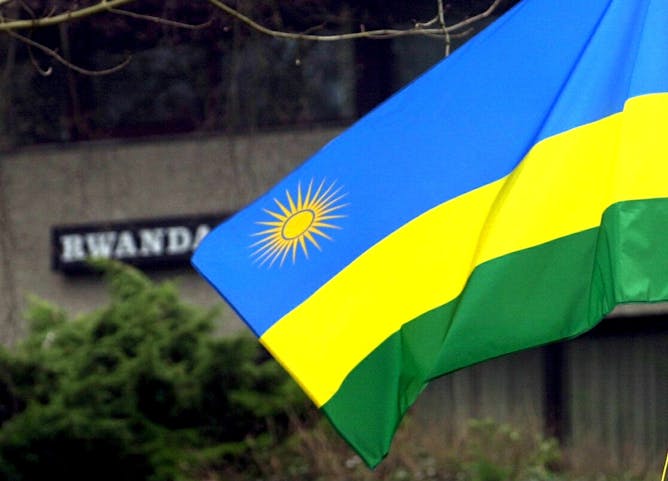
Except during the relatively brief period of colonial rule, Rwanda was, and is, a violent society.
EPA/Olivier Matthys
Filip Reyntjens, University of Antwerp
Throughout the entire period, central political power has been almost absolute.
|
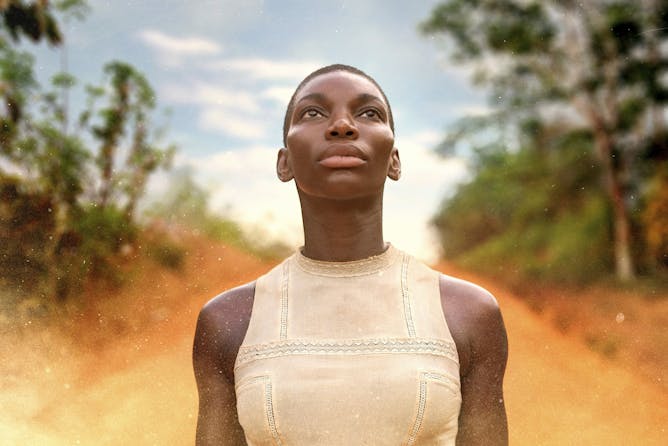
BBC/Forgiving Earth Ltd/Des Willie
Jonathan R. Beloff, SOAS, University of London
The BBC drama about Rwanda tackles post-genocide events in a way few dramas or documentaries have done before.
|
Politics + Society
|
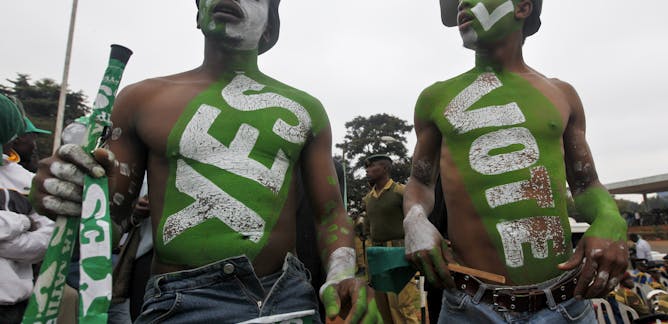
David E Kiwuwa, University of Nottingham
Weary Kenyans are entitled to wonder if the latest referendum push will be any different from the past two.
| |
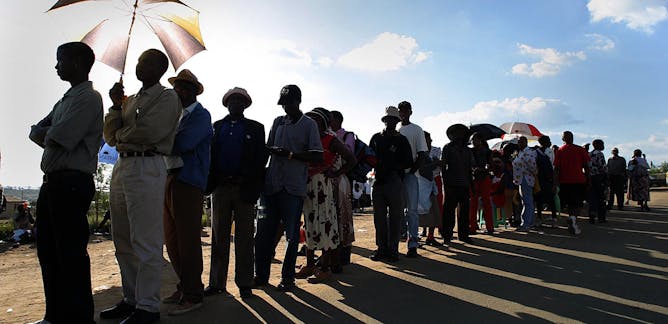
Leila Patel, University of Johannesburg
South African voters are worried about how their country is being run. Most still support the ANC but in far fewer numbers.
|
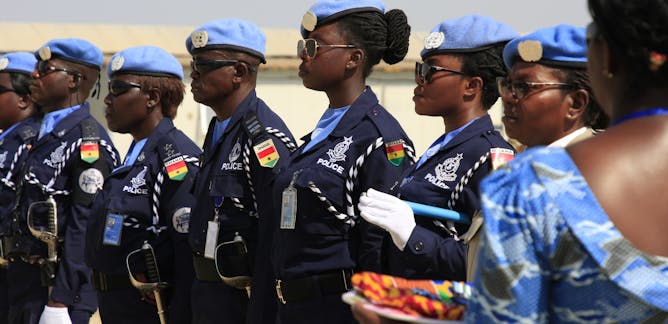
Justice Tankebe, University of Cambridge
Poor supervision, poor training, and unfair treatment of lower-ranked officers make misconduct more likely to happen among Ghana's police force.
| |
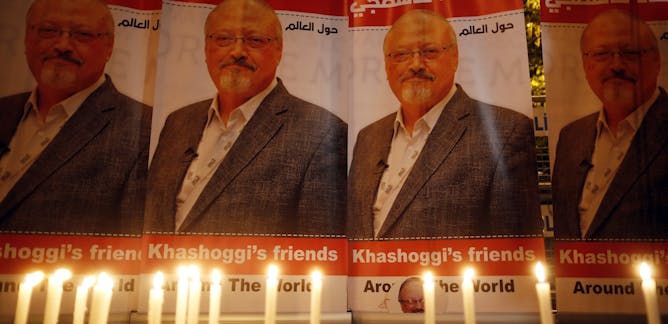
Sahar Khamis, University of Maryland
Will it embolden or neuter the Arab world's autocratic regimes?
|
|
|
Health + Medicine
|
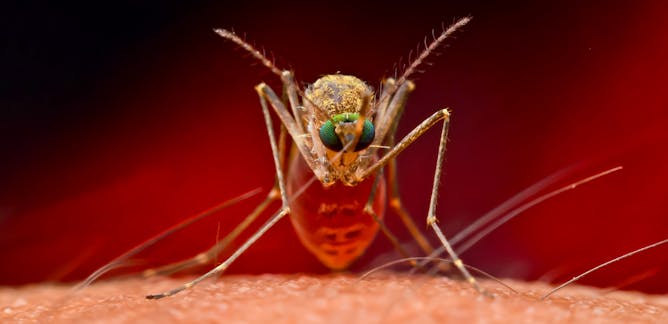
Sant-Rayn Pasricha, Walter and Eliza Hall Institute
Today, human populations carry heavy genetic marks from the war with malaria. And it is the red blood cell (erythrocyte) that mostly bears the scars.
| |

Susy K. Sebayang, Universitas Airlangga; Marty Mawarpury, Universitas Syiah Kuala; Rizanna Rosemary, University of Sydney
Indonesia should start investing in mental health care and ensuring that each Puskesmas has enough human resources to detect, treat and care for people with mental disorders.
|
|
|